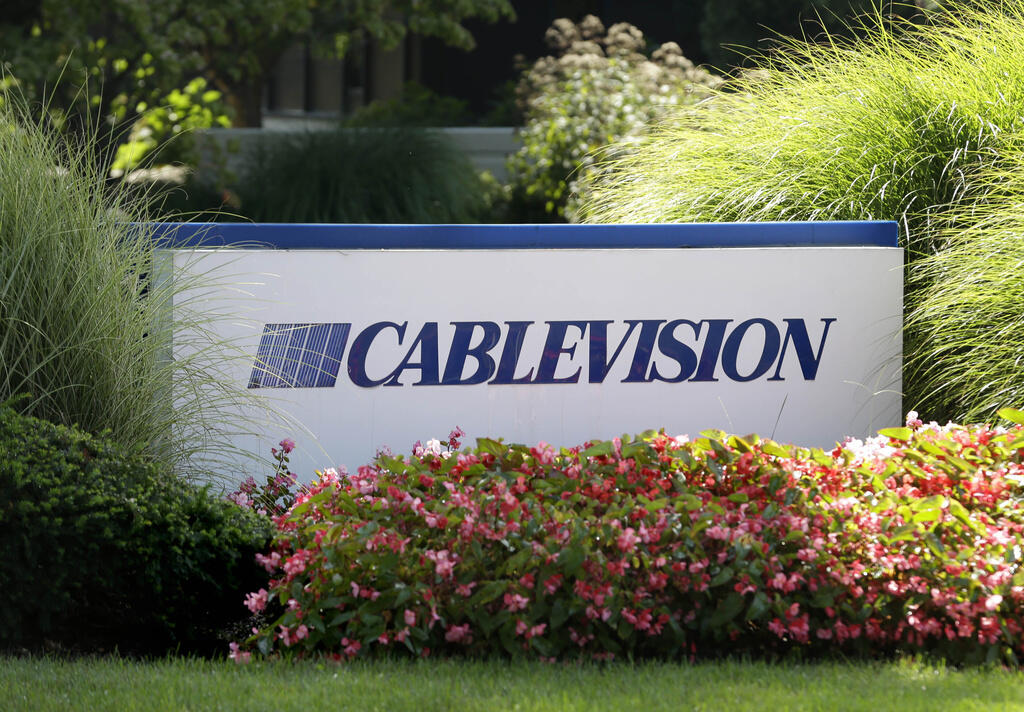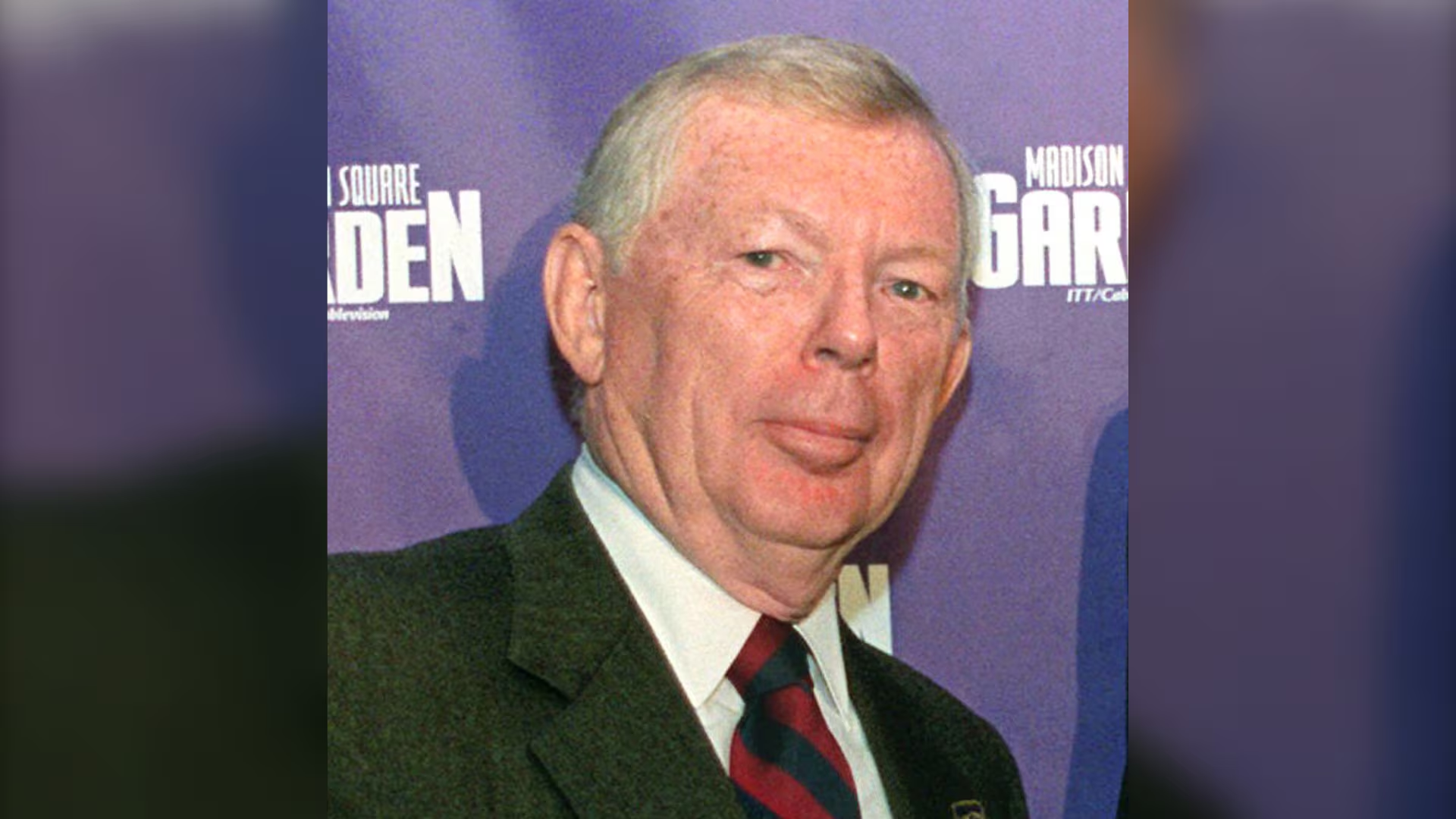Charles F. Dolan, the visionary founder of HBO and architect behind Cablevision, passed away on Saturday at the age of 98.
Over the course of his life, Dolan transformed a modest group of Long Island cable systems into a vast communications, entertainment, and sports empire, which included Madison Square Garden and its professional sports teams. His family confirmed his death on Sunday, though the statement did not specify the location.
Dolan established Cablevision Systems Corporation in 1973 with just 1,500 customers. By the time he agreed to sell it to Altice, a European media company, in September 2015 for $17.7 billion, the company had grown to serve three million cable TV households in the New York metropolitan area and offer internet and digital telephone services. Altice USA now operates it under the Optimum brand.
Dolan’s influence on cable television was profound. As Douglas Gomery, a mass communications scholar, noted in the 2004 edition of the Encyclopedia of Television, “He helped establish cable television as an economic, social, and cultural force in the United States during the final quarter of the 20th century.”
The deal with Altice, finalized in June 2016, included the Long Island-based Newsday and News 12 cable stations that provided local news. However, two weeks after the transaction, the Dolan family reacquired a 75% stake in Newsday for an undisclosed sum.
A Family Legacy in Media and Sports
The Dolan family continues to exert significant influence in the media, sports, and entertainment industries. They control the Madison Square Garden Entertainment Corporation, the Madison Square Garden Sports Corporation (which owns the Knicks and Rangers), and MSG’s sports programming cable channels. Charles Dolan’s son James oversees these operations.
Additionally, the Dolans maintain ownership of AMC Networks and hold long-term leases for prominent venues, including Radio City Music Hall, the Beacon Theater in New York, the Chicago Theater, and the Sphere in Las Vegas. Forbes estimated the family’s net worth at $5.2 billion in early 2020.
Dolan was also a trailblazer in cable TV programming. He launched the nation’s first urban cable network, Manhattan Cable, in the 1960s.
He introduced feature-length, commercial-free movies to subscribers through Home Box Office and created the first regional sports network with SportsChannel. His innovations extended to arts programming via Bravo and local news stations through his News 12 outlets.
The Visionary’s Journey
Born on October 16, 1926, in Cleveland Heights, Ohio, Charles Francis Dolan was raised in modest circumstances. His mother, Corinne, worked for the local Roman Catholic diocese’s charity, while his father, David, invented an anti-theft device for cars and secured a distributorship with Ford.

However, the family faced financial difficulties after David’s business declined, and he passed away when Charles was a teenager.
Dolan briefly attended John Carroll University before leaving to produce sports newsreels for television. After selling this business, he moved to the New York area in the 1950s and launched Teleguide in 1962, a service providing information for hotel guests in New York.
In 1965, Dolan obtained a franchise to wire Manhattan’s southern half for cable TV, marking the beginning of his cable television ventures. Despite initial skepticism about cable TV’s viability, he created programming like Knicks and Rangers playoff games, which attracted large audiences to bars in Manhattan.
Dolan founded HBO in 1972, marketing it to cable companies outside New York due to city restrictions on feature-length movies. However, financial struggles led him to sell his majority stake in Manhattan Cable Television to Time Inc., retaining a minority share that he used to establish Cablevision in 1973.
By the mid-1980s, Cablevision had grown significantly, serving 618,000 subscribers across New York, Chicago, Boston, and Cleveland. Dolan further expanded with the creation of News 12 Long Island in 1986, eventually replicating the format across multiple regions.
Building an Empire
In 1994, Cablevision and ITT purchased Madison Square Garden, its MSG Network, and professional sports teams for $1.075 billion. Cablevision later acquired ITT’s stake, consolidating its dominance over New York’s sports broadcasting.
Dolan’s ambitious ventures extended beyond cable. He spearheaded the creation of Voom, a satellite service offering high-definition channels. However, in 2005, his son James and Cablevision’s board decided to sell Voom to Dish Network, against Dolan’s wishes.
Despite occasional family and professional conflicts, Dolan remained steadfast in his vision. His commitment to innovation was evident in his philosophy: “We’re not wedded to cable. It’s a wonderful technology now. But as soon as it’s obsolete, junk it; let’s go on to the next one.”
Personal Life and Legacy
Dolan was married to Helen Ann for 73 years until her passing in August 2023. He also chaired the Lustgarten Foundation for Pancreatic Cancer Research, which he founded in memory of Marc Lustgarten, a Cablevision executive who died from the disease.
Known for his unassuming demeanor, Dolan was a formidable negotiator. His ability to combine gentlemanliness with tenacity earned him respect—and caution—from competitors. As one cable executive aptly put it, “He’s like Darth Vader dressed up in a Howdy Doody outfit.”
Dolan’s legacy extends beyond his business achievements. His contributions to cable television and his role as a pioneer in communications and entertainment have left an indelible mark on the industry.


